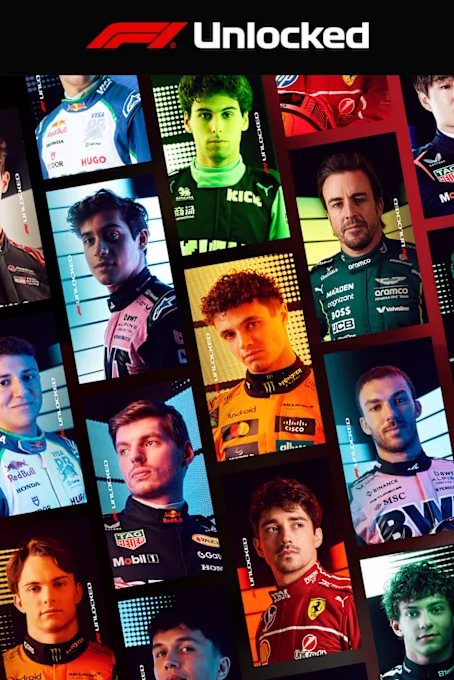FULL TRANSCRIPT: Read every word from F1 talent spotter Gwen Lagrue's Beyond The Grid interview
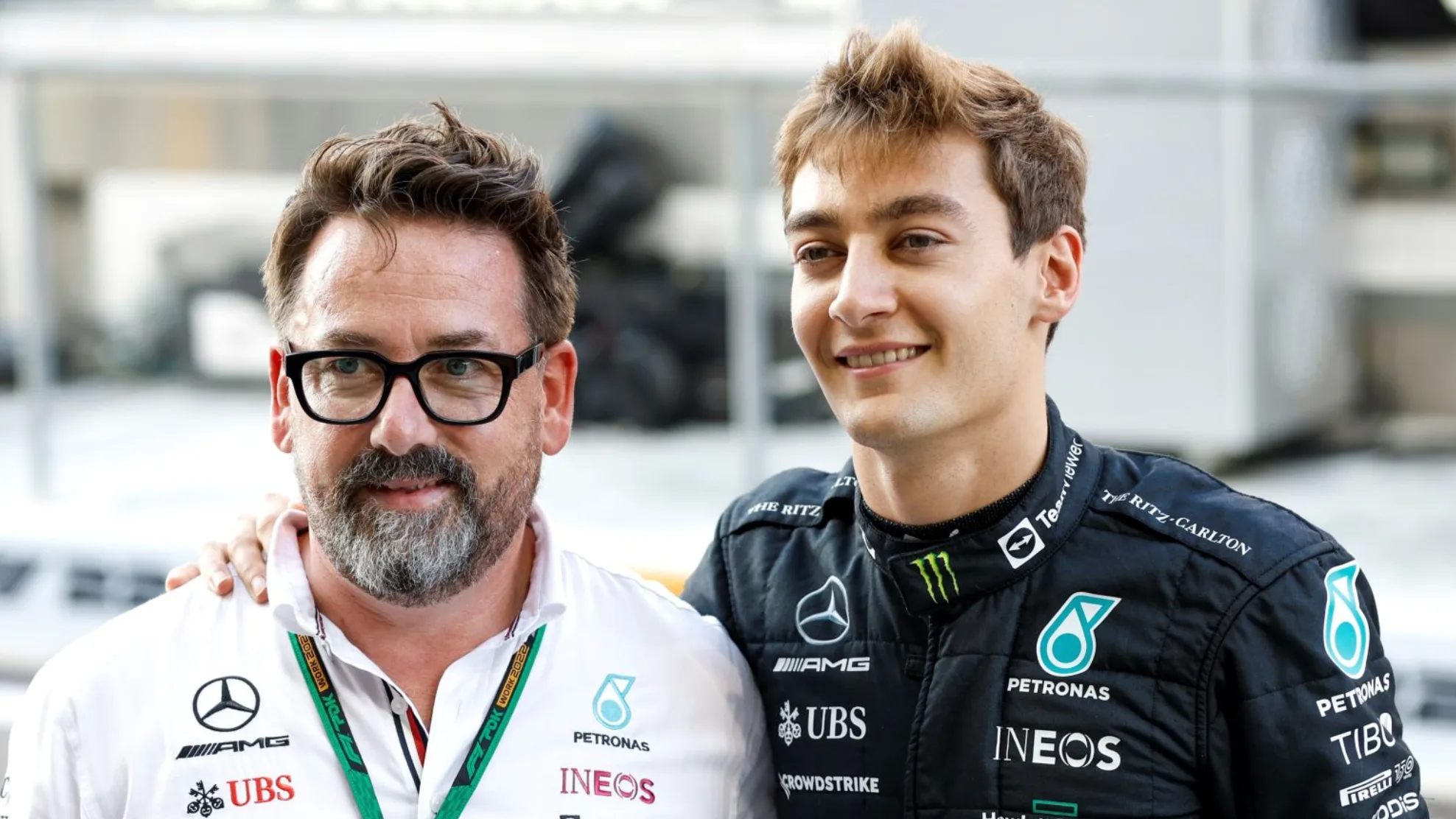
Gwen Lagrue may not be a name immediately familiar to most Formula 1 fans, but without him, the likes of George Russell, Esteban Ocon, and Alex Albon may not have reached F1 at all...
Lagrue is a motor racing talent spotter, and now runs Mercedes' young driver programme, preparing the next generation of stars who will one day make the step up to Formula 1. He is also this week's guest on our Beyond The Grid podcast, and you can read every word from his interview with pod host Tom Clarkson in the transcript below, listen to the episode in the audio player, or head here to catch it on your preferred platform.
Next Up
Related Articles
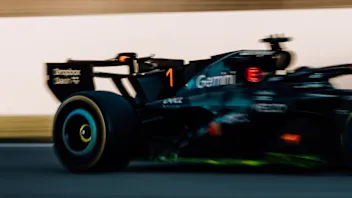 Norris shares ‘surreal feeling’ of running number 1
Norris shares ‘surreal feeling’ of running number 1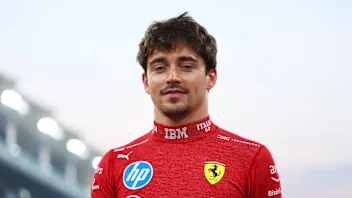 Leclerc hopes to ‘bring Ferrari back to top’ in 2026
Leclerc hopes to ‘bring Ferrari back to top’ in 2026.webp) The best social media from Day 4 in Barcelona
The best social media from Day 4 in Barcelona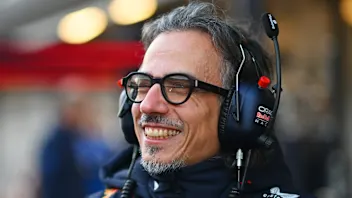 Mekies on ‘special moment’ for Red Bull in Barcelona
Mekies on ‘special moment’ for Red Bull in Barcelona.webp) The best social media from Day 2 in Barcelona
The best social media from Day 2 in Barcelona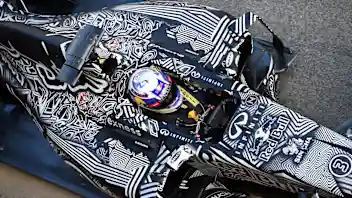 From camouflage to hearts – 8 of the best testing liveries
From camouflage to hearts – 8 of the best testing liveries
